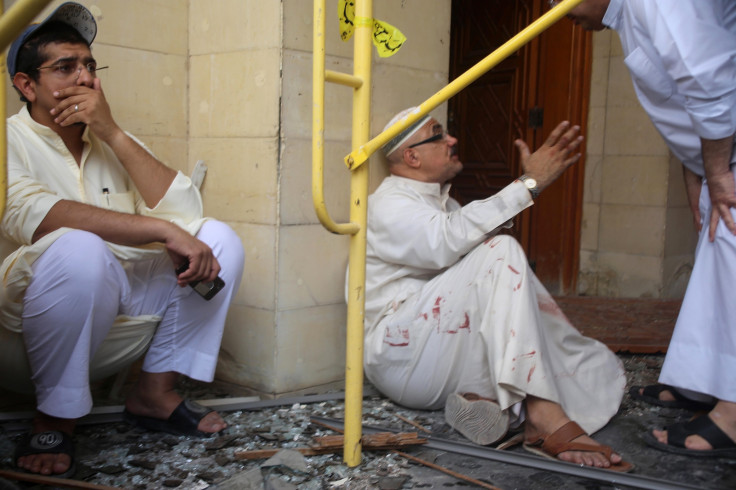Kuwait: 25 killed after Ramadan explosion at Shia mosque [graphic images]

The death toll has risen to twenty five people after a suspected suicide attack at a Shia mosque in Kuwait during Friday prayers, the Kuwaiti interior ministry said.
A bomb targeted the al-Imam al-Sadiq mosque in the centre of Kuwait City, the capital of the Gulf state, according to the Middle East Eye.
A further 202 were injured in the attack, authorities said.
Video of the aftermath of the blast in Shiite Al-Imam Al-Sadiq mosque in #Kuwait. pic.twitter.com/0Oe4PaGaG8
— Sakir Khader (@sakirkhader) June 26, 2015Photographs circulating online show injured worshippers, among them children, in blood-stained white robes, with the floor covered in debris and dust.
Police formed a cordon around the mosque, and paramedics stretchered away the wounded.
"We couldn't see anything, so we went straight to the wounded and tried to carry them out. We left the dead," said witness Hassan al-Haddad, 21, who said he saw several dead bodies, reports the Telegraph.
Kuwait City: #Shia Masjid Me Namaz Juma K Foran Dhamaky K Bad K Manazir
#shiagenocide
- pic.twitter.com/jCvfqFQk5a
— Samaa-News (@Samaa_Alertz) June 26, 2015Kuwaiti Prime Minister Sheikh Jaber al-Mubarak al-Sabah said the attack was an attempt to threaten national unity, reports the BBC. "But this is too difficult for them and we are much stronger than that," he added.
Kuwaiti Emir, Sheikh Sabah al-Ahmad al-Sabah, was shown on television visiting the damaged mosque.
The explosion comes a month after two attacks on Shia mosques in Saudi Arabia. In the first, 20 were killed during Friday prayers, while a second blast killed four.
An Islamic State affiliate calling itself the Najd Province claimed responsibility for the attack, and said the attacker detonated an explosive belt. The group is also believed to be responsible for the Saudi attacks.
In a statement, the group identified the bomber as Abu Suleiman al-Muwahed and said the target was a "temple of the rejectionists", a term used by the Sunni extremist group to refer to Shia, reports Reuters.
Isis previously urged supporters to step up attacks during the holy month of Ramadan.
Saad al-Ajmi, Kuwait's former information minister, told Al Jazeera that the attack was a reminder that no country was "immune from terrorism".
"I think that those who want to tip the whole region ablaze in a sectarian war would be behind this attack because that is their agenda", he said.
© Copyright IBTimes 2025. All rights reserved.




















